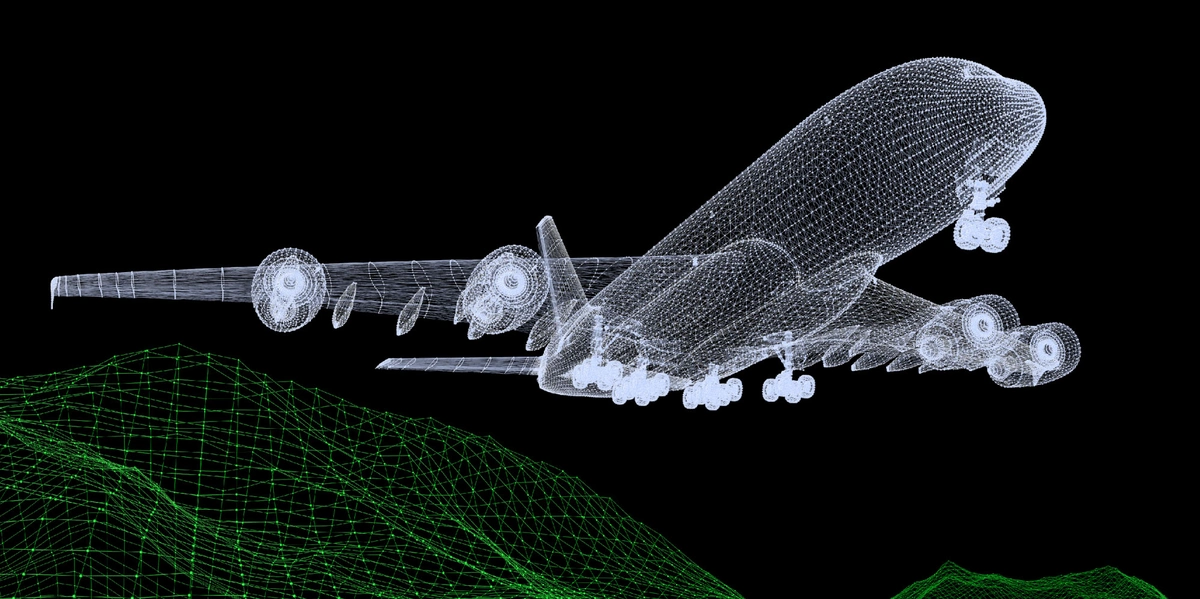Artificial intelligence (AI) is revolutionizing various aspects of aviation, from predictive maintenance to pilot training. Predictive maintenance, powered by AI, helps airlines save costs in the long term by predicting equipment failures before they occur.
More than a century after the invention of the autopilot, aerospace engineers are still working to bring more automated processes into aircraft cockpits to enhance safety, increase efficiency, and reduce pilot workload. With the help of artificial intelligence (AI), autopilot technology has evolved from simple devices that maintain an aircraft’s altitude and heading to fully autonomous flight control systems capable of performing gate-to-gate operations without any human input.
One way or another, almost every aerospace and defense company exhibiting at this year’s Paris Air Show increasingly is looking to exploit the potential for AI to improve their aircraft and other systems. This ubiquitous and rapidly morphing technology sphere likely will show a high profile at several forward-looking events during the main show. They include the Paris Air Lab, which concentrates on ensuring aviation’s sustainable future, and the Avion de Métiers sessions, meant to lure young technologists into an industry that stands to learn much about AI from other sectors, such as automotive manufacturing.
In May, EASA released its new AI Roadmap 2.0, which is intended to advance “the human-centric approach to integrating artificial intelligence in aviation. The updated document incorporates progress achieved in the field since the publication of the air safety agency’s first roadmap was published in February 2020, drawing on AI use cases involving aerospace companies, research centers, and academics.
According to EASA, the new roadmap, “provides a comprehensive plan for the safe and trustworthy integration of AIN in aviation, with a focus on safety, security, AI assurance, human factors and ethical considerations.” Last month the organization also published a new report on research it commissioned into machine learning application approval, which highlights approaches to evaluating and certifying AI-based systems.


